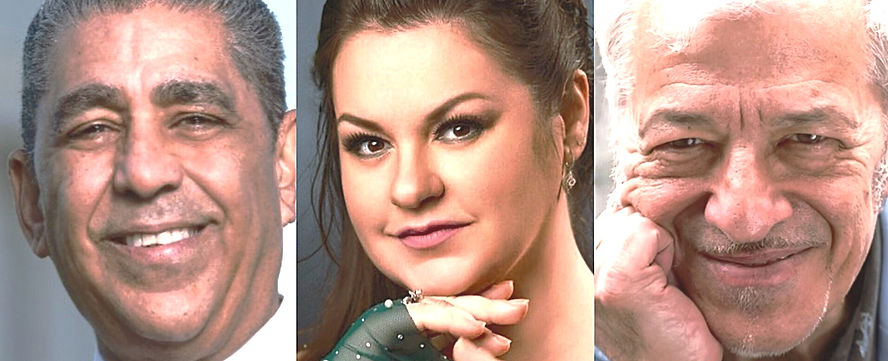Tigray Tears – The World Stood By
- Karen Williams

- May 19, 2025
- 3 min read

Songs of Exile, Loss, and Resilience Amid Global Silence
On June 13, 2025, the voices of Tigrayan exiles are set to fill the air in Addis Ababa, Ethiopia’s capital, as the project “Tigray Tears – The World Stood By” brings together those displaced by war to share their pain and hope through song. As tensions in Tigray escalate once more, these performances promise to be both a memorial and a warning, echoing the suffering of a people whose crisis too often went unheard.
Songs as Testimony: The Soundtrack of Exile
The music of Tigray’s exiles is both a chronicle and a catharsis. Many of the songs composed in displacement bear titles that speak directly to the pain of separation and loss: “No Matter Where I Am, I Miss Tigray,” “What Is The World Saying About Tigray?” and “Remembering the People We Lost in the War.” These songs serve as living testimony to a conflict that, for many, has felt invisible to the outside world.
Yet, amid the sorrow, other songs-like “People Should Live in Love” and “Let Us Praise Kindness”-demonstrate the resilience of tenderness and the enduring hope for peace. The krar, a five or six-stringed lyre central to Tigrayan and Eritrean musical heritage, provides the sonic backbone for these performances, its strings plucked with quiet determination.
Unvarnished Voices: Music Beyond Performance
Most singers perform with a raw, unfiltered emotion, their delivery marked by a directness that lays bare the wounds of war. In these gatherings, fame is irrelevant; authenticity reigns. One group boasted of a singer’s television appearances, but it was his auto-mechanic accompanist whose voice rang truest-a reminder that suffering, not celebrity, shapes the most powerful art.
The War and the World’s Indifference
The context for these songs is a conflict of staggering devastation. Between November 2020 and late 2022, the war between Tigrayan forces and the Ethiopian government, compounded by the intervention of Eritrean troops, displaced more than two million people and led to an estimated 162,000–600,000 deaths, including tens of thousands of civilians. Reports by Amnesty International and Human Rights Watch have documented campaigns of ethnic cleansing, mass detentions, and atrocities in western Tigray.
Despite the enormity of the crisis, the world’s attention was fleeting. The Tigray war erupted just as Russia invaded Ukraine, drawing global headlines elsewhere. Media coverage, while present, was often fragmented and shaped by geopolitical interests, leaving many stories of suffering underreported or overlooked.
The Fragile Present and Looming Threats
Although a cessation of hostilities was signed in November 2022, the peace remains fragile. Eritrean and Amhara forces continue to occupy contested areas, and the threat of renewed conflict-including the risk of war with neighboring Eritrea-still hangs over the region. For Tigrayans in exile, the wounds of war are compounded by uncertainty and the fear that the world will again turn away.
Music as Memory and Resistance
In the face of displacement and loss, music remains a vital thread connecting Tigrayans to their homeland and to each other. The krar’s melancholy notes and the singers’ unadorned voices are not just expressions of grief-they are acts of remembrance and resistance, insisting that the world bear witness, even when it would rather look away.
“We will erase you from this land. This land is ours. This is the last time a Tigrayan will live in the area.” -
Testimony from a survivor of ethnic cleansing in western Tigray
As “Tigray Tears – The World Stood By” release approaches, the project stands as a call to compassion and attention-a reminder that behind every statistic is a song, a life, and a plea for justice. The world stood by before. Will it do so again?












